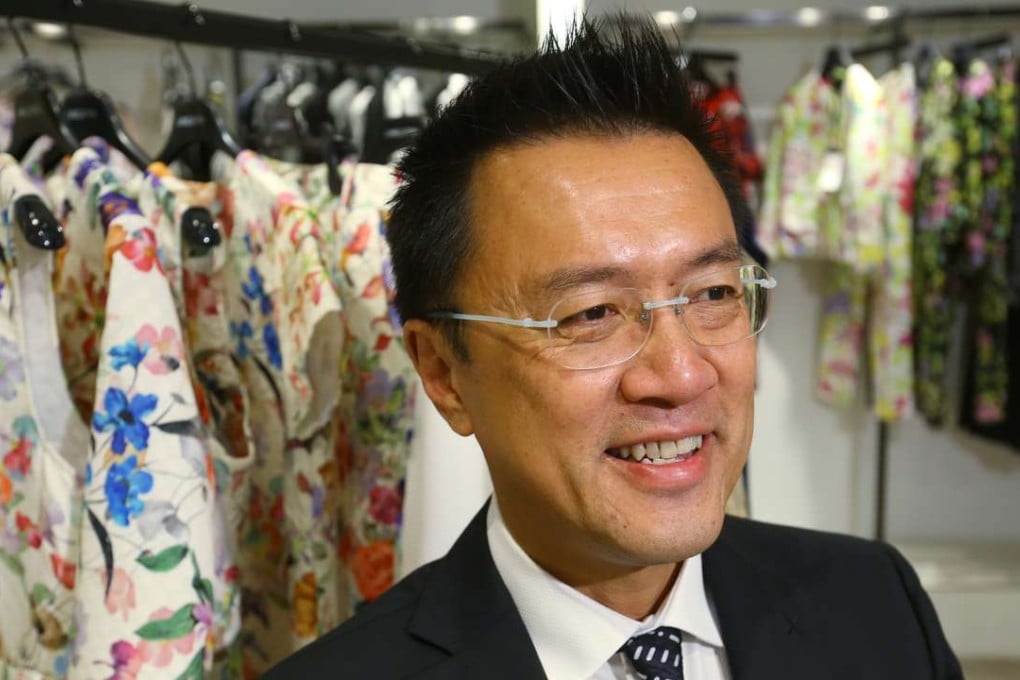Hong Kong needs to restore people’s confidence, instil belief ‘tomorrow will be better’, says Sincere chairman
Philip Ma King-huen, chairman of the 116-year-old Sincere Company, Hong Kong’s first Chinese-owned department store, offers up his views on five key questions on the future of the city in an interview with the South China Morning Post

Do you think Hong Kong is still an ideal place to do business?
Yes. Hong Kong has a well established legal framework, fast information flow and a highly developed transportation network. The negative side is high rents, and the Hong Kong currency being pegged to the US dollar, which makes everything expensive here for tourists.
How is your company coping with the economic downturn in Hong Kong and the mainland?
Fortunately, Sincere is not heavily reliant on tourists. We mainly target local middle to high income groups. We have seen that the operating environment is getting worse and we need to do something to boost our sales.
In the last quarter of last year, we launched a series of promotions to stimulate our customers to spend more. The efforts of our staff paid off. We saw our sales during the period from Christmas to the Lunar New Year record slight growth, while our gross margin also improved.
When there is a crisis, there is also opportunity. Customers are turning more selective in their shopping habits amid growing uncertainty over the economic outlook, and so lots of people who used to buy brand goods have started to shop at Sincere.
They see lots of our products are manufactured by the same factories that make some international brands. But because of the brand label, these products could sell for three or four times more than those without it.